AARP Hearing Center

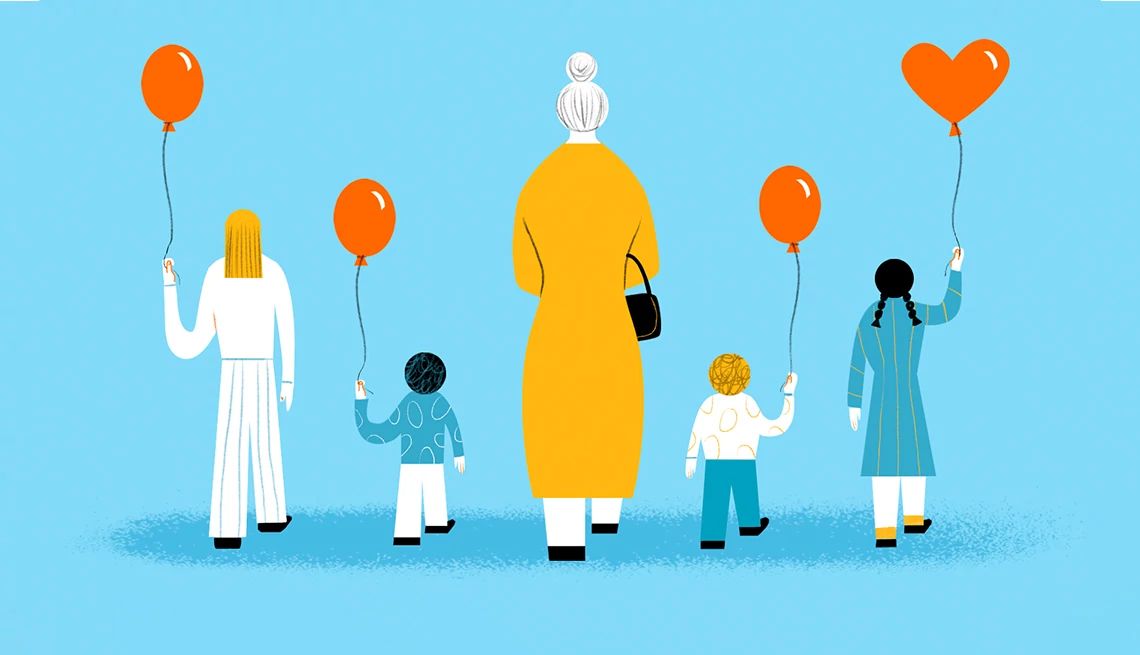
Welcome to Ethels Tell All, where the writers behind The Ethel newsletter share their personal stories related to the joys and challenges of aging. Come back each Wednesday for the latest piece, exclusively on AARP Members Edition.
Grandchild favoritism is a taboo subject among grandparents that’s difficult to acknowledge, even to ourselves. Research indicates how damaging it can be to family relationships, and I can relate, having been on the short end of the stick when my parents showed blatant favoritism toward my brother’s children.
I vowed never to be that grandparent, yet here I am, a grandmother of four — and I have a favorite. I’ve discussed this sensitive topic with other grandparents in my friend circle, and many were hesitant to admit that they, too, had a favorite grandchild.
Those who were open about it helped me realize that several factors contribute to family favoritism. Proximity plays a role, as does age, gender, family dynamics and personality compatibility.
For some, a closer relationship with the adult child resulted in a stronger bond with the grandchild. Others admitted that it was challenging to connect with their grandchildren when they disapproved of how their parents raised them.
Overall, most agreed that their preferences leaned toward the grandchild whose interests and personality traits mirrored their own.
When my oldest daughter got pregnant during her senior year in college with an unsavory fellow who had just gotten out of jail, the news felt like a gut punch. What bothered me most was the thought of her being forever tied to this man through the child they would share.
I also felt resentment about the situation my daughter had gotten into, which influenced the lack of emotional connection I felt with the baby after she was born. The family lived out of state, so we seldom had a chance to see them, but when we did, my granddaughter Layla was always fussy and never wanted to be held. She screamed whenever my daughter left the room, which convinced me that babysitting was not an option.
Hearing my friends gush over their close relationships with their grandbabies didn’t help; I thought I must have missed out on the good-grandma gene.
Fortunately, things changed when Layla turned 3 years old and my daughter left her boyfriend to move back home with us. This allowed me more time to get to know Layla and appreciate the special little girl she was — and I became smitten with her.
However, when Layla reached her early teens, she lost interest in spending time with her grandparents and preferred hanging out with her friends or playing Minecraft, which I understood was expected.



































































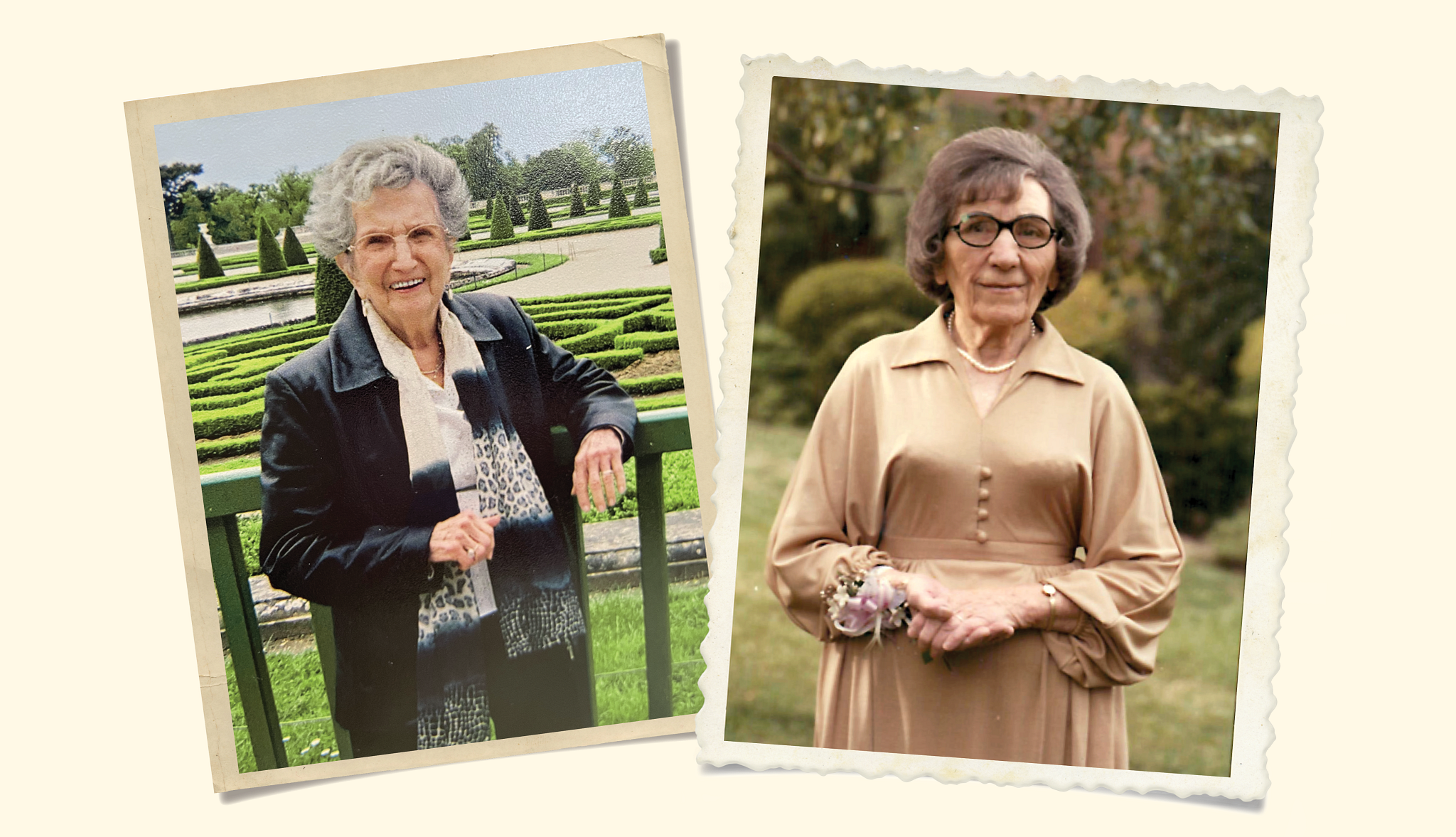
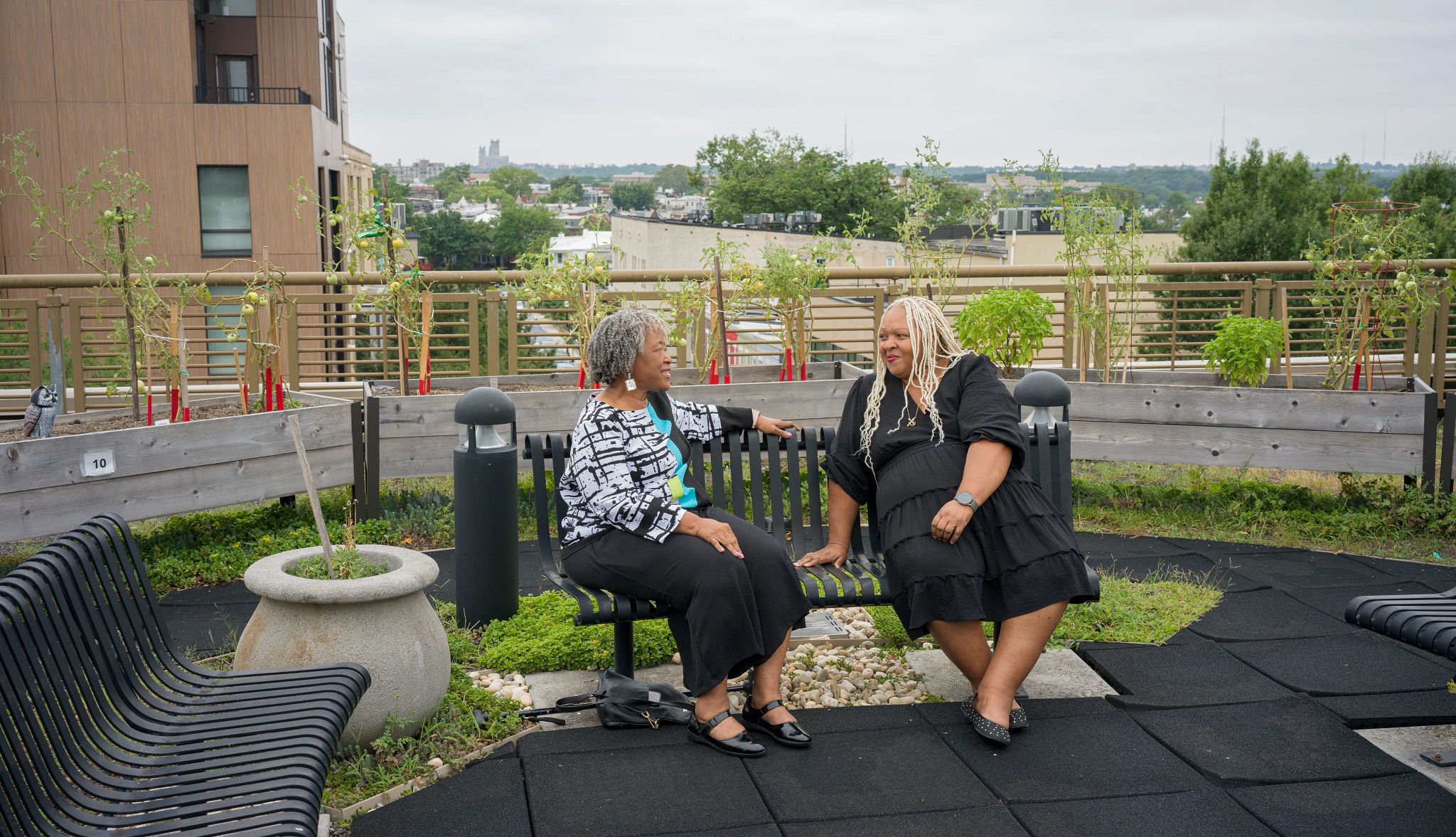
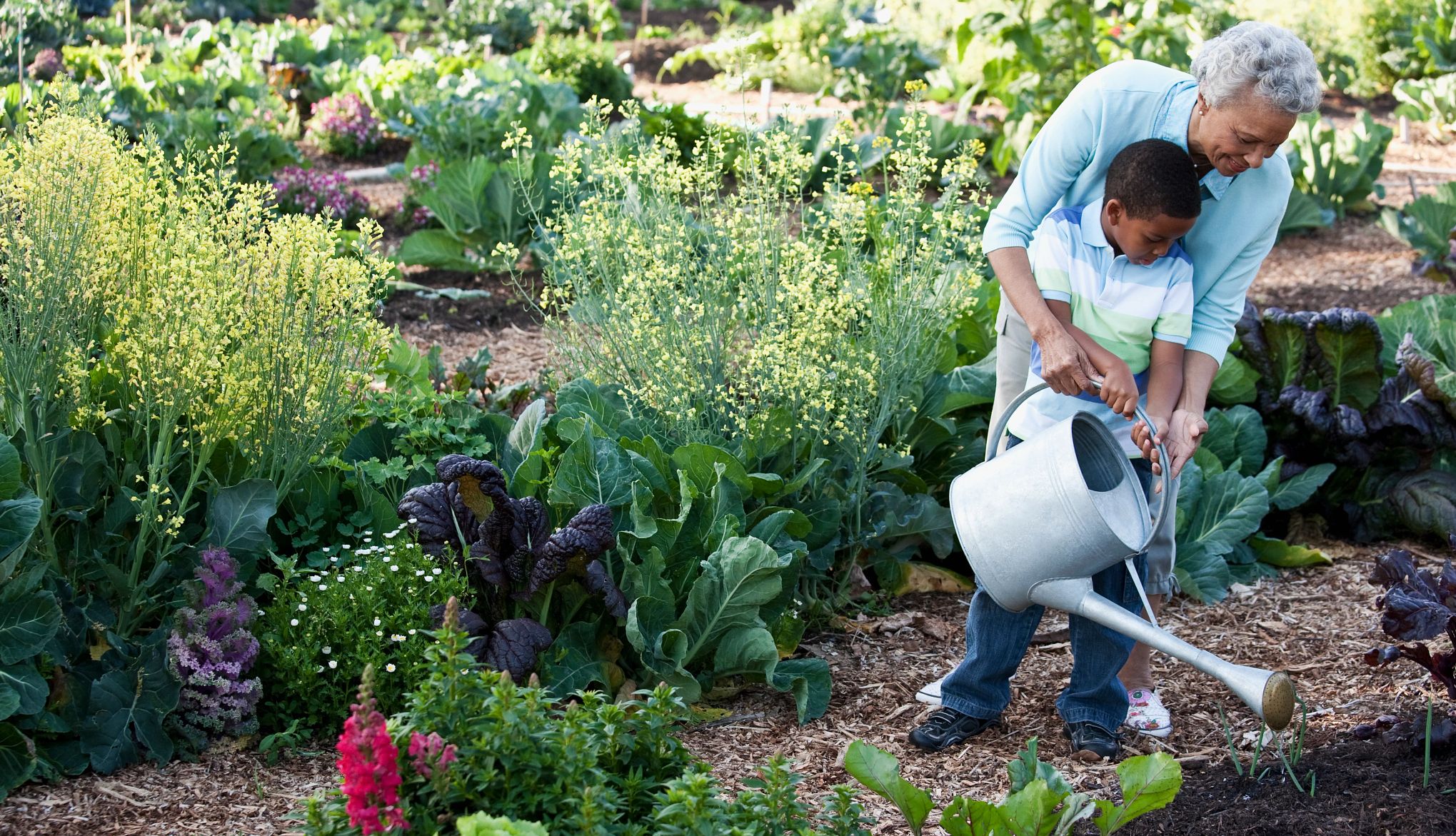




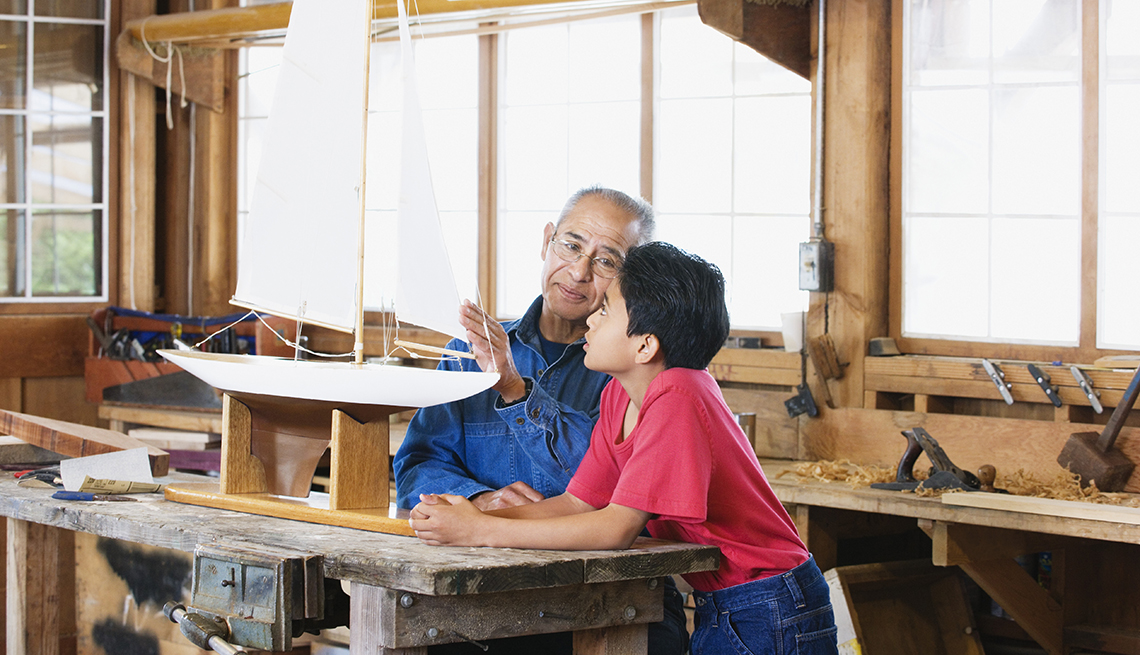
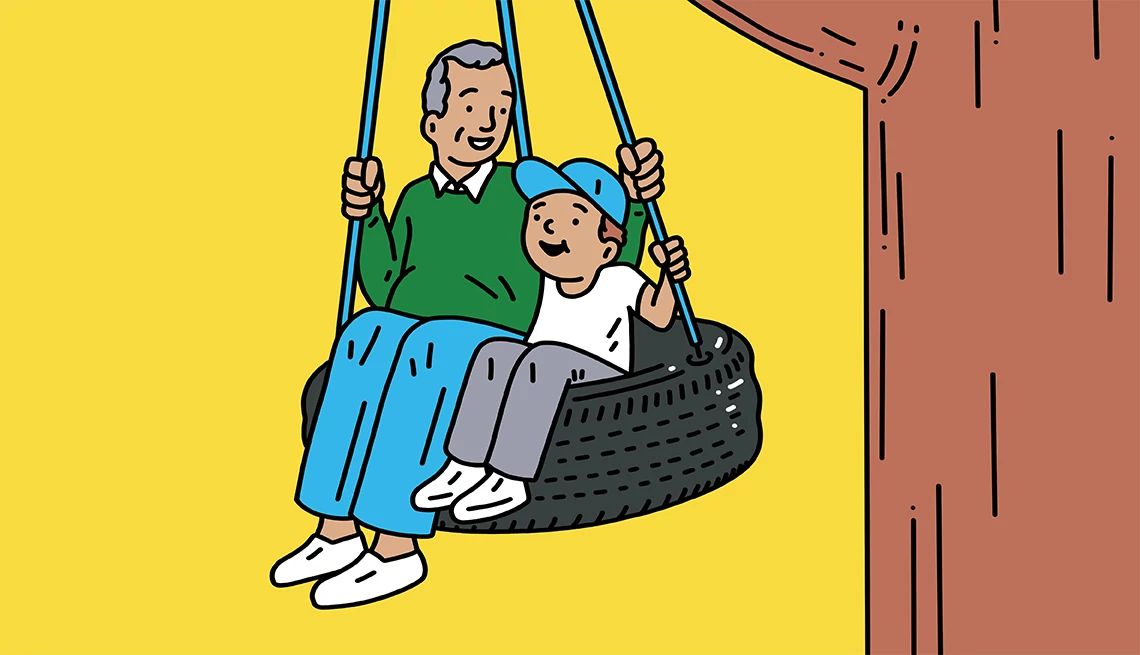




You Might Also Like
Help! I’m Not Attracted to My Wife Anymore and She’s Always in the Mood
A husband can’t get past his wife’s weight gain when they hit the sheets. What should they do?
Why I Refuse to Go ‘No Contact’ With My Mother
Even as a child, I sensed something was not right in my relationship with her
What to Do About Dry Skin, Runny Nose and Watery Eyes
A doctors advice on handling these conditions that commonly plague older adults in colder months